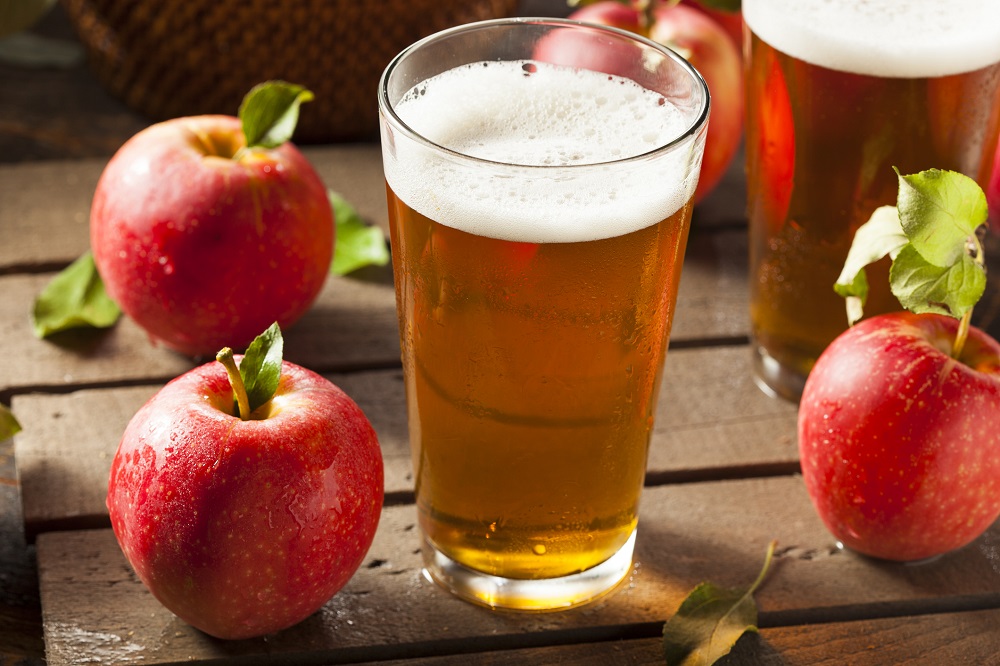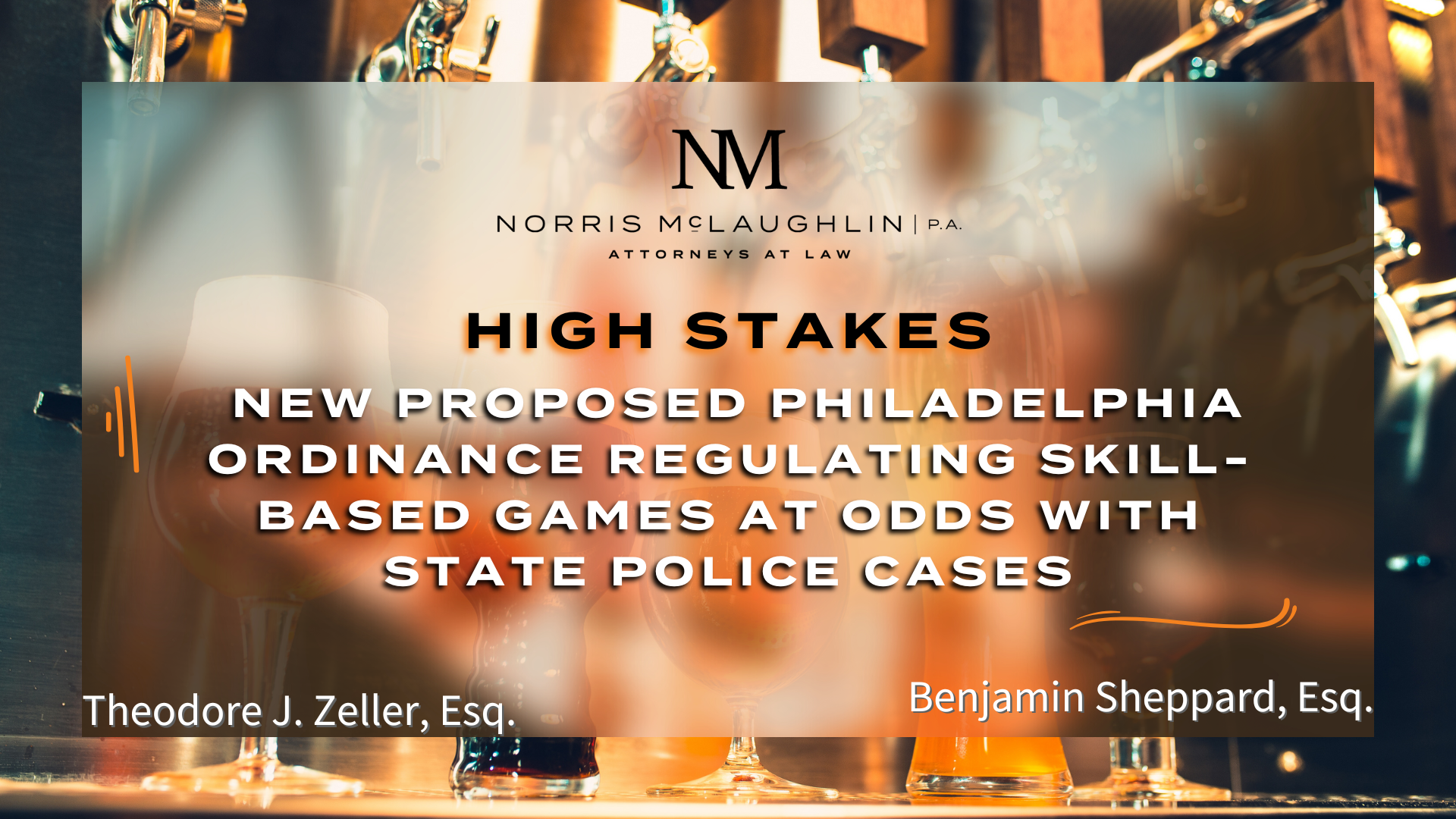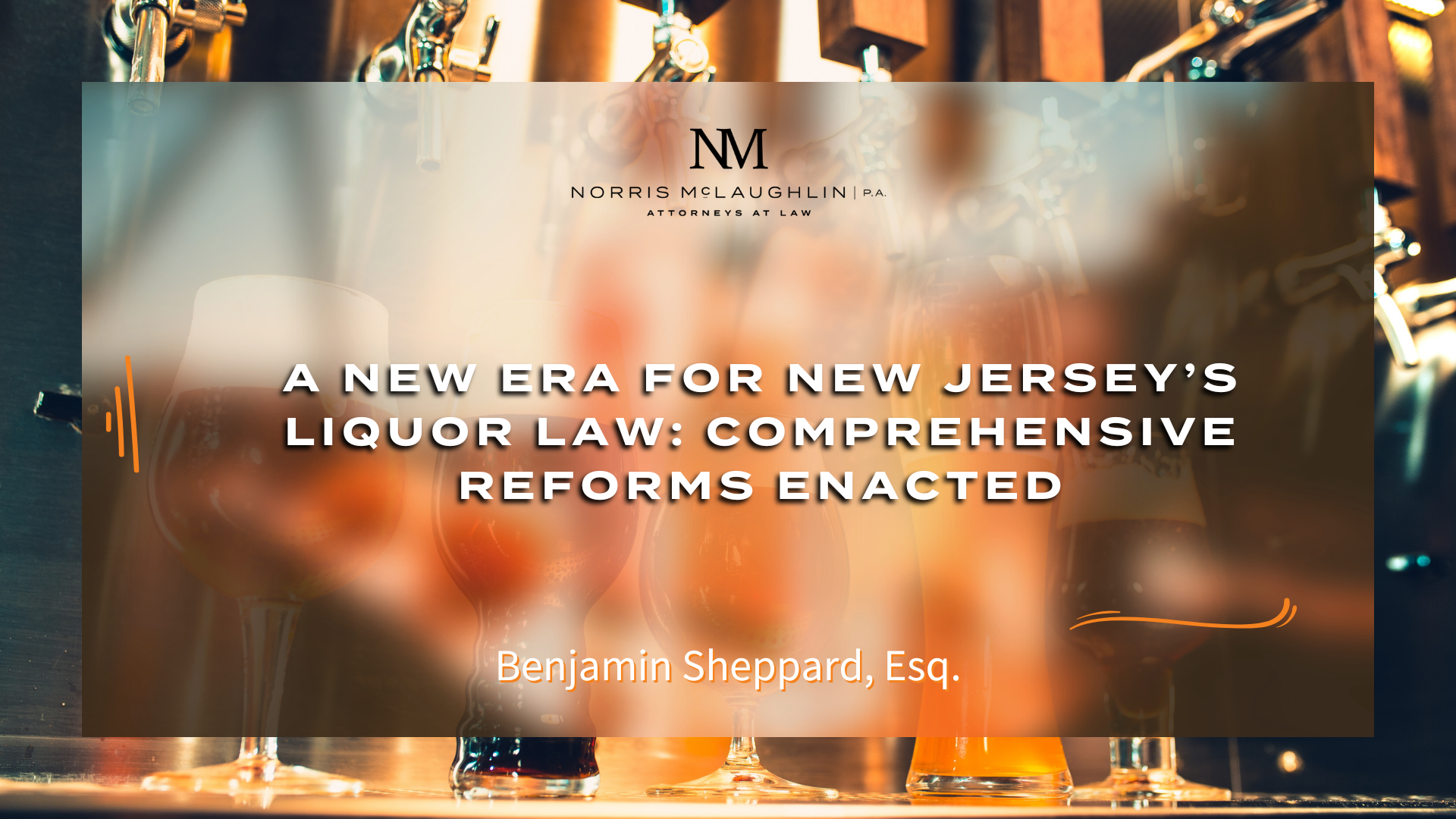How Can a Brewery Produce Hard Cider? – Part 1: TTB Permitting

Hard cider (or alcoholic cider as it is commonly called) has been around for centuries, especially in Pennsylvania. Being home to many apple orchards, Pennsylvania is starting to see numerous cideries (like breweries, but for hard cider) popping up anywhere from apple orchards and farms to urban centers. This two-part blog series explains the steps a brewery must take to produce hard cider in Pennsylvania, which can be a complicated process, as you will read. This part will cover the licensing that is required for your brewery to produce hard cider.
Unknown to many Pennsylvanians, especially those not familiar with our Commonwealth’s liquor laws, is that hard cider is considered a malt or brewed beverage in Pennsylvania. Yes, that is right, hard cider is in the same category as beer under Pennsylvania law. The Pennsylvania Liquor Code defines hard cider as a malt or brewed beverage that has a minimum alcohol-by-volume (ABV) of .5% and a maximum ABV of 8.5%.
Due to hard cider’s categorization as a malt or brewed beverage under Pennsylvania law, Pennsylvania licensed breweries have the privilege under their Brewery (G) license to produce, distribute and sell hard cider. Interestingly, Limited Winery (LK) licensees also have the ability to produce, distribute and sell hard cider under the Liquor Code, but they are not the subject of this blog post. A Pennsylvania brewery’s ability to produce hard cider is actually inconsistent with Federal law. Under the federal regulations, hard cider is considered “apple wine,” which can be produced only by a holder of a Basic Winery Permit from the Alcohol Tobacco Tax and Trade Bureau (TTB).
So, how can a brewery that holds a Basic Brewers Permit from the TTB produce hard cider? First, the brewery must file an application with the TTB to obtain a Basic Winery Permit for use at the brewery premises. This is possible if the brewery will produce hard ciders less than 7% ABV, because the TTB will approve the alteration of the brewery premises (using the brewery for producing wine) under those circumstances. Upon accessing the application, there will be numerous options (Bonded Winery, Bonded Wine Cellar, Tax Paid Wine Bottling House, or Cider Producer – Under 7%). It is imperative for the brewery to select the “Cider Producer – Under 7%” option, or the application will face many more hurdles. This application will need to be fully completed, submitted and approved prior to the brewery producing hard cider.
However, the TTB process is not done. You will need to amend your Basic Brewery Permit to request the alteration of the brewery premises. This must be properly worded so that the TTB will understand why the permit is being amended, and that it is in conjunction with the application for the Basic Winery Permit. Once this is all submitted, the TTB (hopefully) will approve your applications and your brewery will be permitted to brew hard cider (under 7% if you chose that option) on its premises.
This process can be both very complicated and cumbersome, and should be handled properly. We have successfully obtained TTB approvals of an alteration of premises in order to use brewery equipment to produce hard cider, and have the expertise to assist you.
Stay tuned for Part 2 of this blog post series that will discuss everyone’s favorite topic: COLAs, standards of fill, and brand registration in Pennsylvania.
For information regarding national and state liquor law matters or general manufacturing and distribution advice, please contact our Liquor Law, Licensing, Manufacturing, and Distribution Practice Group: Liquor Law Department Chair Theodore J. Zeller III, Esquire (tzeller@norris-law.com); David C. Berger, Esquire (dberger@norris-law.com) for Pennsylvania and New Jersey retail and manufacturing licensing; or contact our offices at 610-391-1800.




